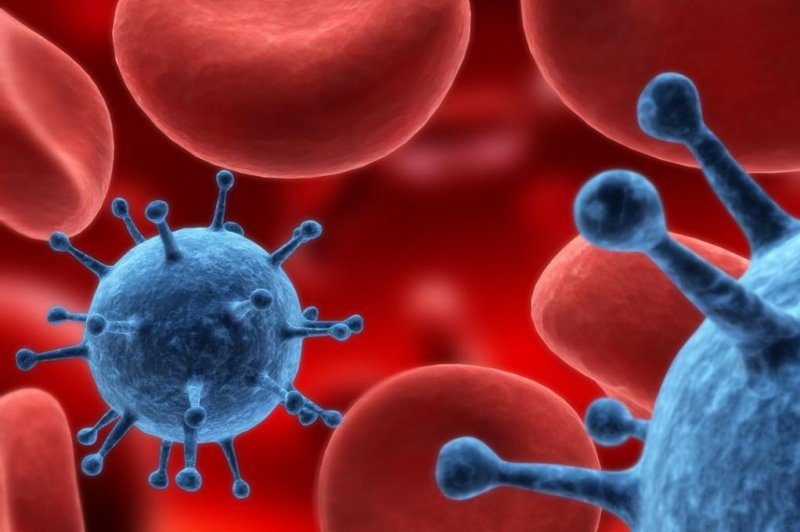BRIGHTON, England, Nov. 10 (UPI) -- A new study conducted by scientists at the University of Sussex explains how the common Epstein-Barr virus causes blood cancer.
The Epstein-Barr virus is the pathogen known to cause mononucleosis, a disease better known as "mono" or "the kissing disease." Infections often occur without the host knowing about it. Symptoms include fever, fatigue, lack of appetite, and sore throat. According to Sussex researchers, the virus has the ability to influence blood cancer development by taking control of two genes and switching them on or off.
Researchers examined the effects of the virus on MYC and BCL2L11 genes by hacking "enhancer" DNA regions. The enhancers were found to act as "control centers" that were able to contact genes from long distances. However, the Epstein-Barr virus was able to block these control centers from making contact. The team's findings were published in the journal eLife.
"This is a key step towards uncovering how this common virus which, affects thousands of people every year, causes blood cancer," University of Sussex professor Michelle West said in a press release. "It is now important to carry out further studies to determine how the Epstein-Barr virus controls other genes that are associated with lymphoma. This will tell us more about how the virus drives lymphoma development and will help to identify new ways of targeting Epstein-Barr virus-infected cancer cells with specific drugs."
Scientists involved with the study say their findings open the door for developing new treatment strategies.
"By mapping out the complex genetic interactions that help lymphoma cells grow and survive, this research can guide the design of new treatments to target the disease," researcher Alasdair Rankin said. "It may also help to identify those drugs currently used to treat other diseases that could be effective in treating these types of lymphoma."
Blood cancer, a disease which can appear as lymphoma, leukemia or myeloma, is marked by a compromised production and function of blood cells. An estimated 171,550 people are expected to be diagnosed with one of the three variants in the United States in 2016.















